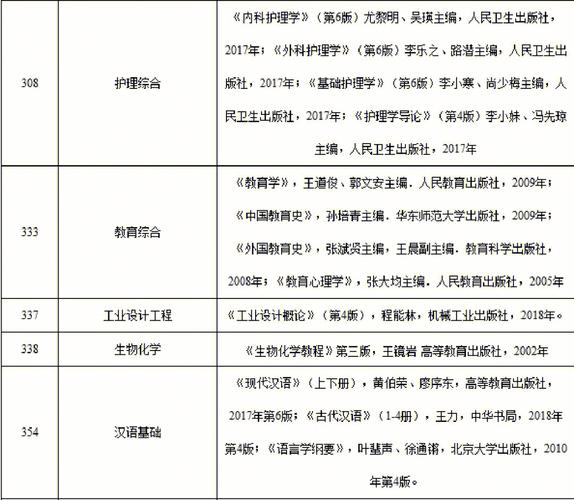**Title: Navigating Historical Studies: A Guide to Preparing for the History Postgraduate Entrance Exam at Jiangsu University**
In pursuit of a postgraduate education in history at Jiangsu University, you are embarking on a journey that delves into the depths of human civilization, scrutinizing its past to illuminate the present and guide the future. The history postgraduate entrance exam is your gateway to this academic realm, demanding a comprehensive understanding of historical events, methodologies, and theories. Here’s a tailored guide to help you navigate through the preparation process effectively.
### Understanding the Exam Structure
The first step in preparing for any examination is understanding its structure and requirements. The history postgraduate entrance exam at Jiangsu University typically consists of several sections:
1. **Major Knowledge**: This section assesses your grasp of historical events, trends, and interpretations related to your chosen field of study.
2. **Methodology and Theory**: Here, you will encounter questions probing your understanding of historical methodologies, theories, and historiography.
3. **Essay Writing**: This segment evaluates your analytical and argumentative skills through essay questions that may cover a wide range of historical topics.
### Crafting a Study Plan
A well-structured study plan is essential for efficient preparation. Consider the following steps:
1. **Assessment of Strengths and Weaknesses**: Begin by assessing your strengths and weaknesses in different historical periods, methodologies, and theories. This self-evaluation will guide your study plan.
2. **Divide and Conquer**: Divide your study sessions into manageable chunks, focusing on different historical periods, geographic regions, and thematic areas. Allocate more time to areas where you feel less confident.
3. **Utilize Resources**: Gather textbooks, academic journals, online resources, and past exam papers to supplement your study materials. Join study groups or online forums to engage in discussions and exchange knowledge with fellow aspirants.
4. **Practice, Practice, Practice**: Regularly practice essay writing and mock exams to improve your time management skills and enhance your ability to express historical arguments coherently.
### Mastering Major Knowledge
1. **Depth and Breadth**: Aim for a balance between depth and breadth of knowledge. While it’s essential to have a profound understanding of key historical events and themes, don’t overlook lesser-known but significant aspects of history.
2. **Critical Analysis**: Develop the ability to critically analyze historical sources, including primary documents, secondary literature, and archaeological findings. Practice discerning biases, evaluating reliability, and interpreting evidence within its historical context.
3. **Interdisciplinary Connections**: Explore interdisciplinary connections between history and other fields such as sociology, anthropology, political science, and economics. Understanding these connections will enrich your historical analyses and interpretations.
### Mastering Methodology and Theory
1. **Familiarize with Historiographical Debates**: Delve into historiographical debates within the field of history, paying particular attention to different schools of thought and methodological approaches.
2. **Research Methods**: Familiarize yourself with various research methods used in historical inquiry, including archival research, oral history, quantitative analysis, and digital humanities techniques.
3. **Theoretical Frameworks**: Grasp key theoretical frameworks such as Marxism, postcolonialism, feminism, and cultural history, and understand how they shape historical interpretations and analyses.
### Exam Day Strategies
1. **Time Management**: Manage your time effectively during the exam. Allocate a specific amount of time to each section and question, ensuring that you have sufficient time to answer all parts of the exam.
2. **Read Carefully**: Read each question carefully, paying attention to keywords and instructions. Ensure that your answers address all aspects of the question comprehensively.
3. **Structure Your Essays**: Organize your essays logically, with a clear introduction, body paragraphs presenting arguments supported by evidence, and a concise conclusion summarizing your key points.
4. **Revision**: Leave some time at the end of the exam for revision. Review your answers, making any necessary corrections or additions.
### Conclusion
Preparing for the history postgraduate entrance exam at Jiangsu University requires dedication, strategic planning, and a deep passion for historical inquiry. By following this guide and embracing the challenges of academic study, you will not only excel in the exam but also embark on a rewarding intellectual journey that enriches your understanding of the past and shapes your scholarly pursuits in the future. Embrace the opportunity to explore the complexities of human history and contribute to the ongoing discourse within the field of historical studies. Good luck!

文章已关闭评论!
